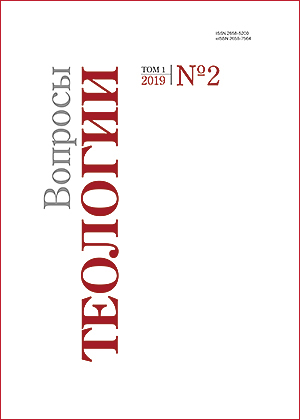Metaphysical Presuppositions of William Craig’s Kalām Cosmological Argument, its Critics and Expansion
DOI:
https://doi.org/10.21638/spbu28.2019.205Abstract
In this paper I consider a metaphysical problem arising from the cosmological argument for the existence of God, namely: the legitimacy of inference from the immanent causes of the universe in the premises to the transcendent cause of the universe in the conclusion. I show how Thomas Aquinas solved this problem in his tertia via and argue that it is not solved in William Craig’s Kalām Cosmological Argument. Then I suggest a possible correction of Craig’s argument in order to cope with this difficulty. For this reason, I examine metaphysical presuppositions and in order that the conclusion of the proof be valid, I formulate an additional metaphysical premise. Then I present an expanded version of Craig’s Kalām Cosmological Argument that takes into account the hidden and missed premises. Analysis of the internal connections between the metaphysical premises of Craig’s argument shows us that it also includes some elements of the design argument.
Keywords:
Cosmological argument, Kalām Cosmological Argument, tertia via, metaphysical problem for the cosmological argument, William Craig, Thomas Aquinas
Downloads
References
References
Downloads
Published
Issue
Section
License
Articles of "Issues of Theology" are open access distributed under the terms of the License Agreement with Saint Petersburg State University, which permits to the authors unrestricted distribution and self-archiving free of charge.




